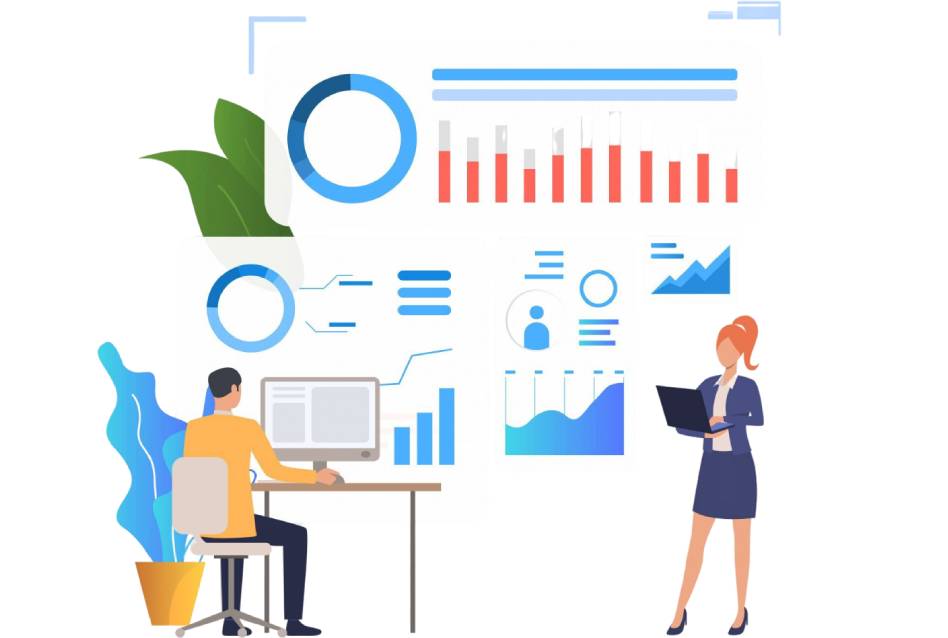ERP for Fitting & Valve Component Manufacturers
ERP software for designed specifically for fitting and valve component manufacturers must address the unique challenges of producing precision-engineered parts for high-pressure, corrosive, and safety-critical environments (e.g., oil & gas pipelines, refineries, and offshore rigs)Key Features
ERP for Automobile Spare Parts ManufacturingPrecision Production Management
Design & Engineering Integration
Quality Assurance & Compliance
Supply Chain & Inventory Optimization
Sales &Service Management
Project & Customer Management
Key Benefits of ERP for Fitting & Valve Manufacturers
- Improved Efficiency – Reduces manual work and automates processes.
- Better Decision-Making – Provides real-time data insights.
- Cost Optimization – Helps in reducing waste and controlling expenses.
- Enhanced Customer Experience – Ensures faster delivery and better after-sales service.
- 24x7 Priority Email Support
- Regulatory Compliance – Keeps the business aligned with safety and environmental laws.
ERP Benefits for Automobile Industry
Implementing an ERP system in the automotive industry provides numerous advantages, ranging from operational efficiency to improved customer service. Here’s how ERP benefits automobile manufacturers, suppliers, and dealers:
Inventory Optimization
ERP Tools : Real-time inventory tracking across warehouses. Automated reorder points and safety stock calculations. Integration with suppliers for JIT replenishment.
Cost Savings: 15–30% reduction in inventory carrying costs.Lower risk of obsolete stock.

Regulatory Compliance & Quality Control
Defect Tracking : Identifies production issues early, reducing recalls and enhancing product reliability.
Regulatory Adherence : Ensures compliance with safety, emissions, and global standards (e.g., ISO, GDPR), automating audit trails and reporting.

Production Efficiency
Scheduling & Resource Allocation : Optimizes production workflows, minimizes downtime, and balances workforce and machinery utilization.
Lean Manufacturing : Supports waste reduction through data-driven process improvements.

Customer Relationship Management
Defect Tracking : Identifies production issues early, reducing recalls and enhancing product reliability.
Regulatory Adherence : Ensures compliance with safety, emissions, and global standards (e.g., ISO, GDPR), automating audit trails and reporting.

Data-Driven Decision-Making
Analytics & Reporting: Aggregates cross-departmental data for actionable insights, such as demand forecasting and market trends.
Real-Time Dashboards: Enables swift responses to disruptions or market shifts.



